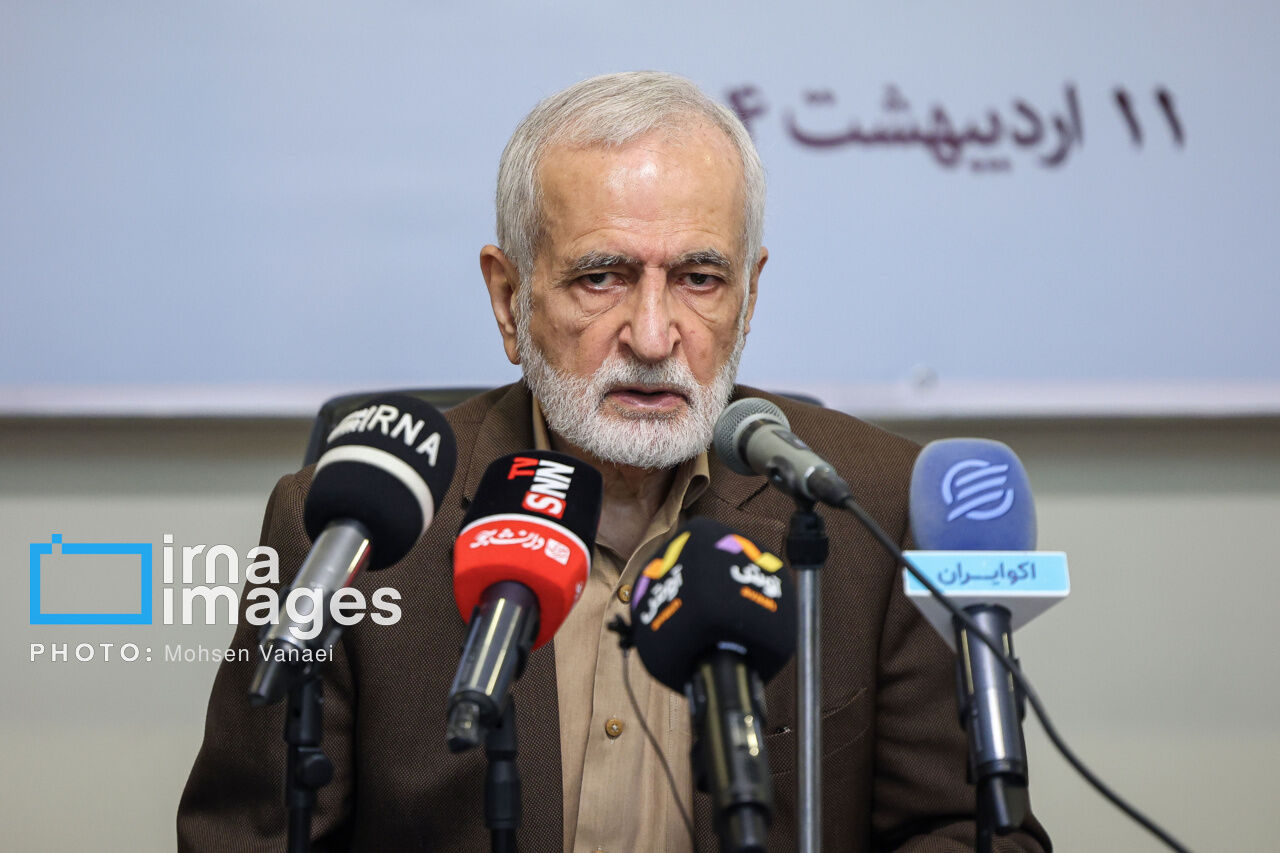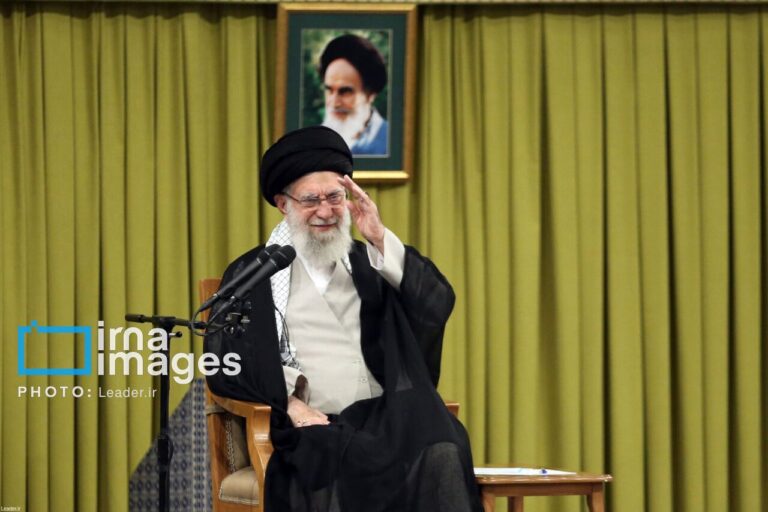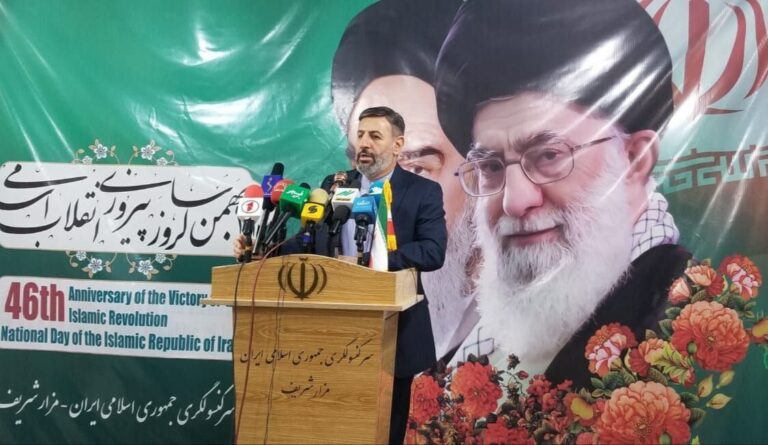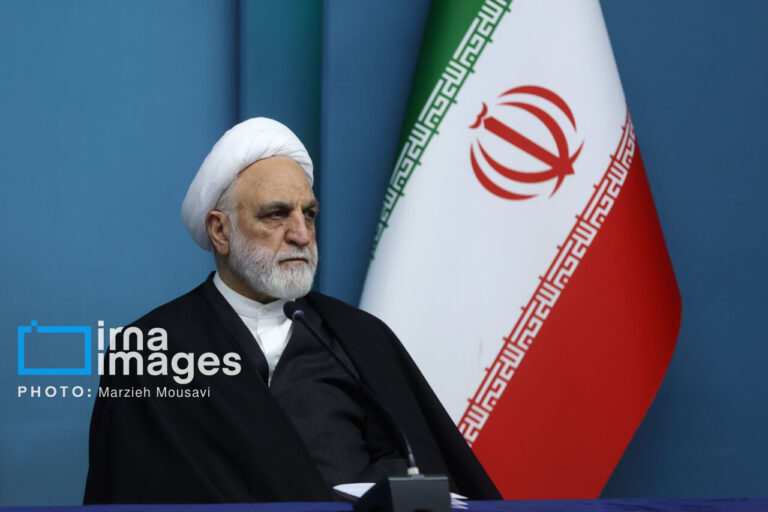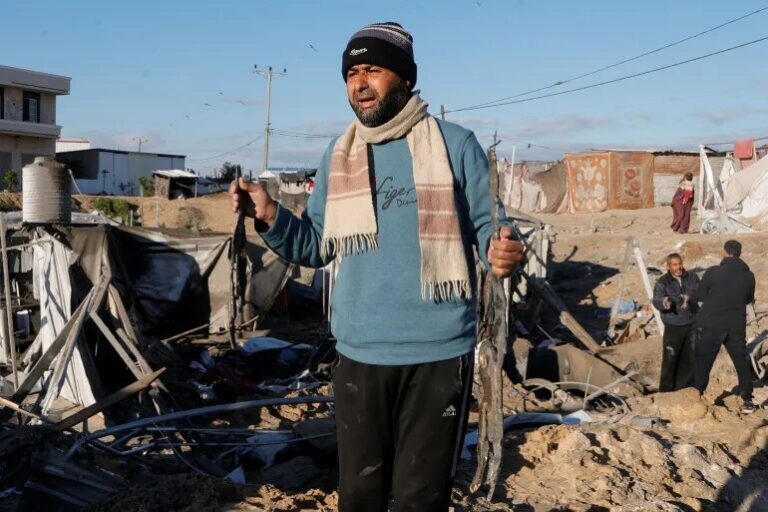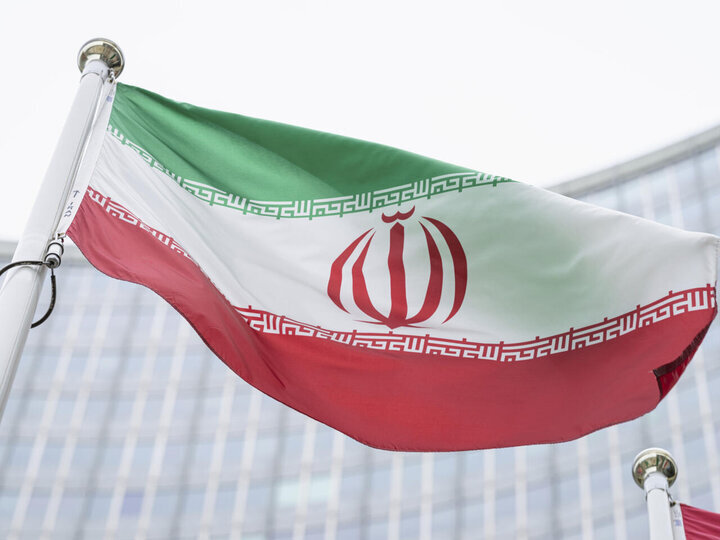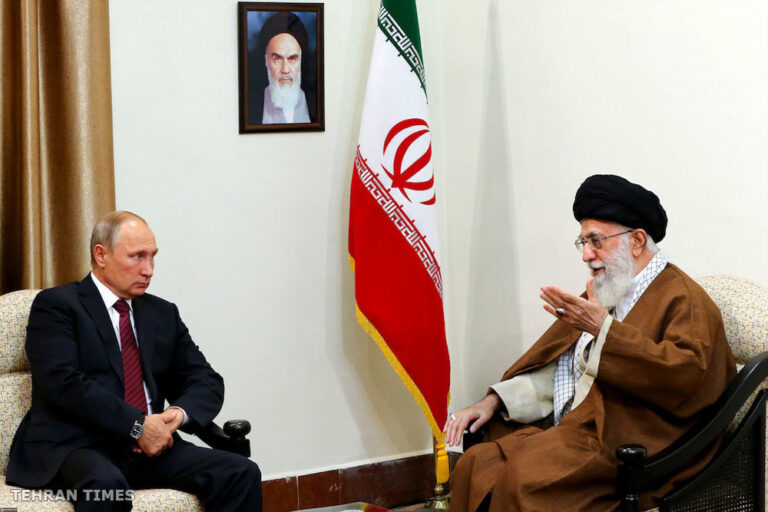Strategic Council Leader Urges Regional Nations to Settle Disputes through Dialogue
The evolving landscape of global politics is marked by a shift towards a multipolar world order, as highlighted by Kamal Kharrazi, the Head of the Strategic Council on Foreign Relations. He emphasizes the importance of regional unity and dialogue among nations to address their differences effectively.
During the recent Tehran Dialogue Forum, Kharrazi remarked, “The reality is that the unipolar system is collapsing, and regional powers are assuming a greater role.” This statement encapsulates the current transition towards multilateralism, where nations can exert more influence on international matters.
- Regional Powers’ Role: Kharrazi identifies key players such as China, India, Iran, Turkey, and Russia that must engage actively in global affairs.
- Independence from Hegemony: He calls on organizations seeking autonomy from dominant powers to participate in this transformative process.
- Social Justice and Development: Kharrazi believes that a multipolar system can enhance social justice and promote equitable international development in the post-American dominance era.
In response to threats, Kharrazi stated, “Iran is a powerful country and will give a response to threats.” He criticized U.S. officials for their contradictory statements during ongoing indirect negotiations, asserting that Iran’s nuclear advancements are indigenous and achieved independently.
Emphasizing the importance of communication, Kharrazi noted, “Dialogue between Iran and Arab countries can be more effective.” He believes that international developments necessitate collaboration to resolve disputes, despite existing differences. The fourth round of the Tehran Dialogue Forum aims to foster mutual understanding for peaceful resolutions of regional issues.
Regarding Iran’s relations with Europe, Kharrazi lamented, “Iran’s relations with Europe have unfortunately entered a state of freeze.” He pointed out that while Europe possesses significant potential in financial, industrial, and technological sectors, its influence is diminished due to U.S. and Israeli pressures.
Despite the current standstill, Kharrazi emphasized that Iran should continue to seek new avenues for improving ties, especially in light of countries that still supply arms to Israel, thereby complicating the situation in Gaza.
